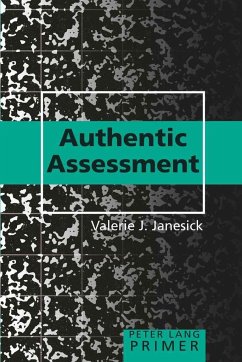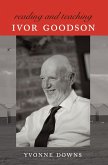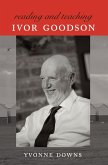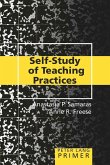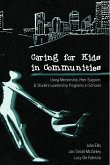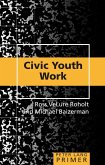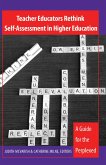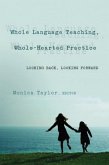The Authentic Assessment Primer introduces education students to the phenomenon known as authentic assessment. As such, it is the perfect antidote to high stakes testing, since it relies on performance and shows what a student «can do.» In an authentic approach, teachers see assessment as a means to educate and improve student performance, as opposed to simply auditing it on a one-shot test. Authentic tasks require quality performance connected to the learner's world. It is multilayered and complex. The Authentic Assessment Primer provides feedback continually and the learner self adjusts. This approach to assessment looks for higher order thinking skills and demonstration of knowledge. Beginning, intermediate, and advanced teachers can all benefit from understanding the goals, the process, and the techniques of authentic assessment, such as portfolios, essays, and writing samples, recordings, role plays, journal writing, and demonstrations to name a few. Every education student and instructor needs to read this book.
Bitte wählen Sie Ihr Anliegen aus.
Rechnungen
Retourenschein anfordern
Bestellstatus
Storno

